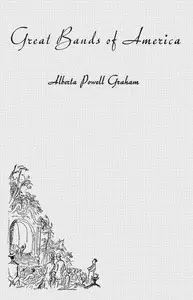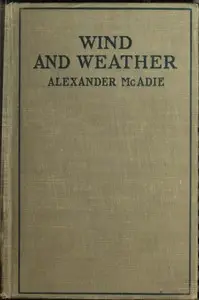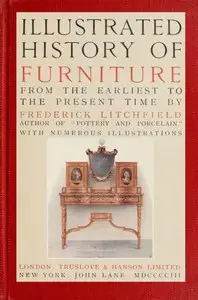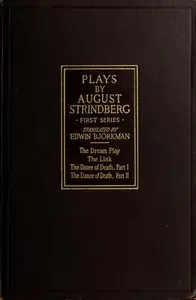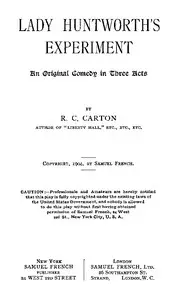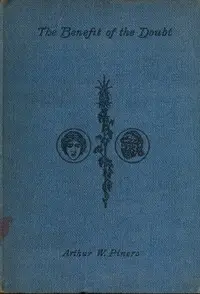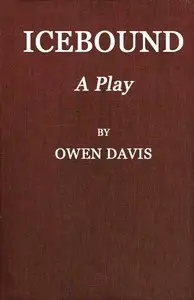"Five Plays" by Lord Dunsany is a collection of dramatic works written in the early 20th century. This compilation features five plays, including "The Gods of the Mountain" and "The Golden Doom," showcasing Dunsany's rich use of fantasy, mythology, and poetic language. The plays explore themes of divinity, fate, and the human condition, often through the interactions of various characters caught between their desires and the forces that control their lives. The beginning of this collection introduces "The Gods of the Mountain," where a group of beggars, disillusioned by the misery of their city, discuss the decline of generosity and divine inspiration. As they lament the drowsy gods who fail to inspire the rich, a figure named Agmar appears, claiming to be a beggar but hinting at a grander scheme. The scene is infused with a sense of both hope and trepidation as Agmar suggests that they disguise themselves as gods to reclaim their dignity and perhaps influence the fortunes of the city. This opening sets the stage for Dunsany's thematic exploration of identity, societal roles, and the interplay between mortals and the divine. (This is an automatically generated summary.)
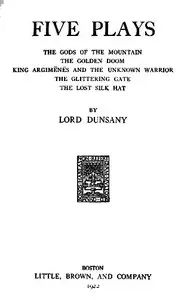
Five Plays
By Lord Dunsany
"Five Plays" by Lord Dunsany is a collection of dramatic works written in the early 20th century. This compilation features five plays, including "The...
Edward John Moreton Drax Plunkett, 18th Baron Dunsany, commonly known as Lord Dunsany, was an Anglo-Irish writer and dramatist. He published more than 90 books during his lifetime, and his output consisted of hundreds of short stories, plays, novels, and essays; further works were published posthumously. Having gained a name in the 1910s as a great writer in the English-speaking world, he is best known today for the 1924 fantasy novel The King of Elfland's Daughter, and his first book, The Gods of Pegāna, which depicts a fictional pantheon. Many critics feel his early work laid grounds for the fantasy genre.








